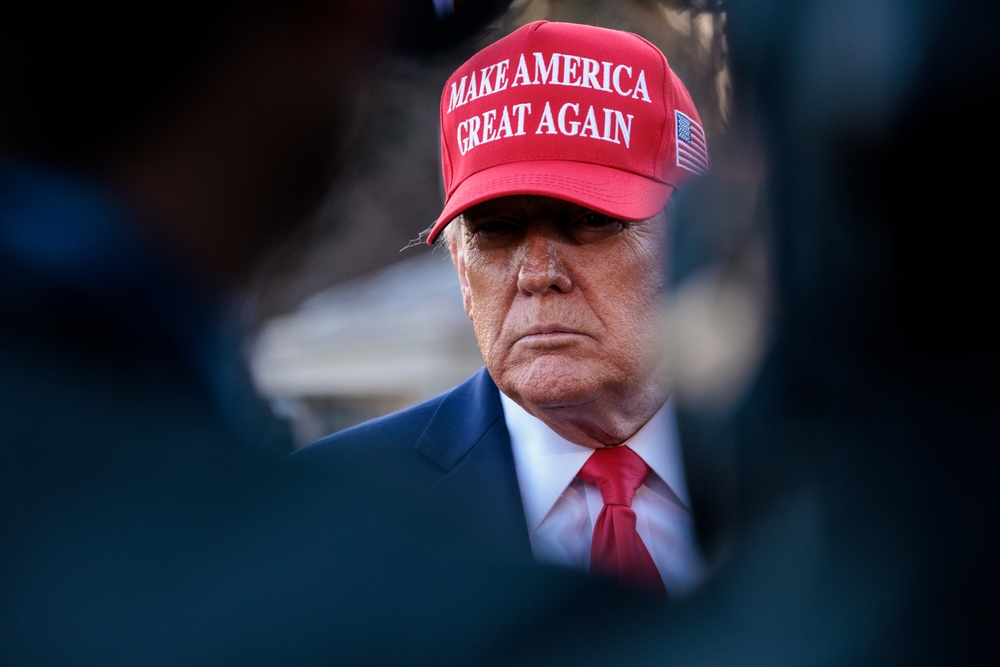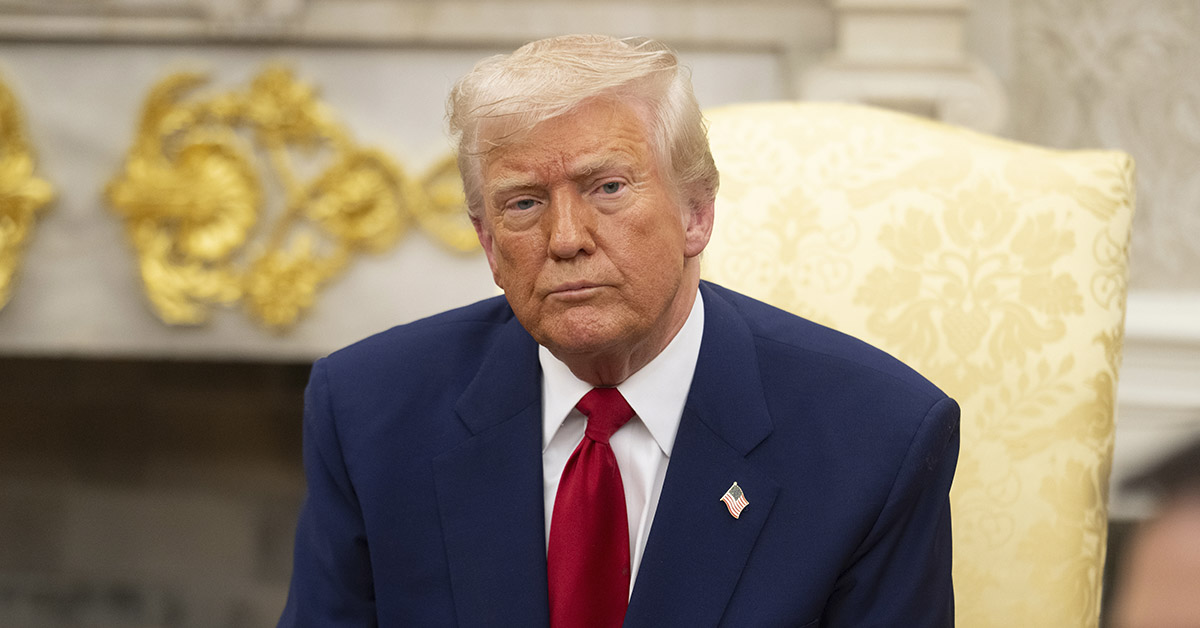Donald Trump approval ratings continue to shape the national political conversation. While national figures remain relatively steady, new polling reveals surprising shifts in state-level sentiment. Even Texas, a longtime Republican stronghold, shows signs of change.
As economic frustrations grow and independent voters reconsider their positions, support for Trump appears less predictable than before. Let’s explore how Trump approval ratings have evolved and what these changes might mean for the upcoming election cycle.
National Numbers Show Stability but Not Strength
The latest Emerson College poll, highlighted by UNILAD, reports Trump approval ratings at 45%, with 46% disapproving and 9% undecided. These numbers have held steady since April, indicating that public sentiment hasn’t shifted significantly, at least not at the national level.
Meanwhile, The Economist approval tracker echoes this trend. Trump poll numbers remain consistent in the mid-40s, particularly on immigration and national security. However, approval drops to around 40% when it comes to inflation and the cost of living. This economic vulnerability continues to hurt his standing with key voter groups.
Additionally, over 52% of Americans now believe the country is heading in the wrong direction. That belief cuts across party lines and reflects rising public dissatisfaction, even among those who previously supported Trump.
Read More: Trump’s ‘Big Beautiful Bill’: Full Breakdown of What’s Included in the July 4 Legislation
Texas Voters Signal a Major Shift
In a surprising turn, Texas voters are beginning to express doubt. According to the University of Texas Politics Project, Trump approval ratings in the Lone Star State have dropped to 44%, with disapproval climbing to 51%. These numbers mark his lowest approval since returning to the national spotlight.
Voters in Texas point to the economy as their primary concern. As inflation and living costs rise, confidence in Trump job performance continues to wane. Independent voters, in particular, are breaking away. Disapproval among Texas independents recently jumped from 48% to 60%.
Despite this, Texas Republicans still back him strongly. Around 87–89% of GOP voters in the state approve of his performance. While this base remains loyal, the growing divide between them and swing voters shows that Trump popularity is beginning to fragment in even the most conservative regions.
Independent Voters Are Driving the Decline
Across the country, independent voters are leading the downward trend in Trump approval ratings. Unlike Republican loyalists, independents continue to reassess their opinions based on performance rather than party affiliation.
The Economist’s approval tracker shows a steady drop in Trump popularity among moderates and swing voters. On issues like healthcare, education, and economic recovery, independents express increasing frustration. They want solutions, not rhetoric, and they’re voting accordingly.
In key battleground states such as Michigan, Arizona, and Georgia, this shift could play a decisive role. If public opinion on Trump keeps deteriorating among independents, it could narrow his path to victory in these critical regions.
Economic Concerns Continue to Erode Support
Without a doubt, the economy remains Trump’s biggest challenge. While some voters still credit him with past financial growth, many more are feeling the current strain, and they’re blaming leadership.
According to The Economist, Trump job performance on economic issues ranks in the low 40s. In Texas, economic concerns are directly tied to his slipping approval. Voters cite rising costs, stagnant wages, and lack of financial clarity as major concerns.

Even his strongest talking points about business success and job creation no longer resonate like they once did. If Trump fails to present a clear economic vision moving forward, Trump poll numbers may continue to drop.
Approval Ratings Paint a Complex Picture
Looking at the full picture, Trump approval ratings reveal more than just partisan loyalty. While his national numbers remain steady, deeper analysis shows significant state-level fluctuations and a sharp decline among independent voters.
Yes, Trump retains solid support from Republicans. However, relying on that base alone won’t be enough. As public opinion on Trump shifts in regions like Texas and among independents nationwide, he faces a shrinking pool of persuadable voters.
Moreover, economic dissatisfaction appears to be the common thread. Whether in conservative states or swing regions, Americans want solutions to everyday problems. If Trump can’t address those concerns directly, his ability to gain broader support could suffer.

Stable on the Surface, Shaky Underneath
Approval ratings don’t guarantee election results, but they do highlight voter sentiment, and right now, that sentiment appears to be shifting. Trump approval ratings remain flat nationally but show signs of weakening where it matters most.
Texas voters, once firmly in Trump’s camp, are now showing uncertainty. Independent voters across the country are growing disillusioned. And economic unease continues to drag down Trump support levels, even in his core demographics.
Ultimately, Trump’s political future may rest not on how loudly his base cheers, but on whether he can reconnect with the moderates and independents who are slowly drifting away.
Read More: Elon Musk Responds as Congress Approves Trump’s ‘Big Beautiful Bill’

